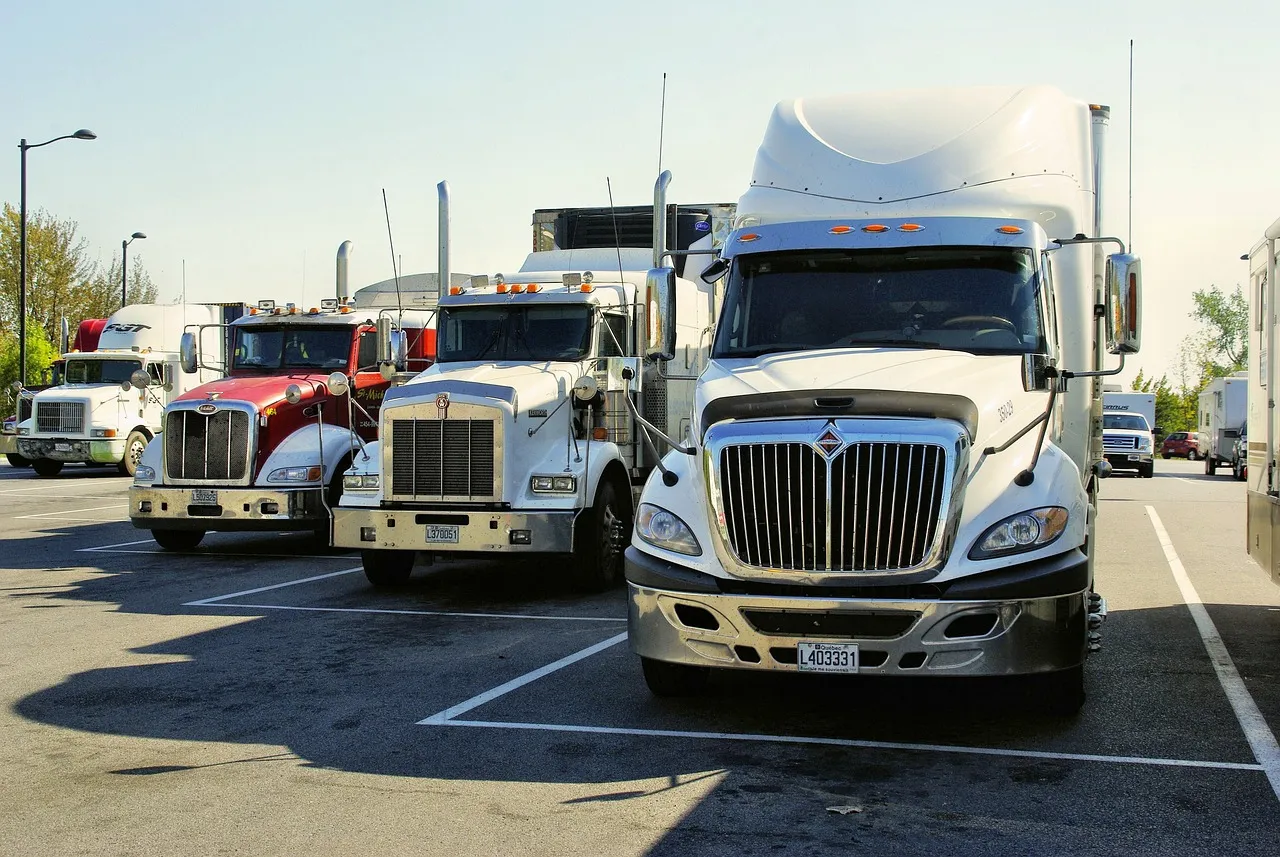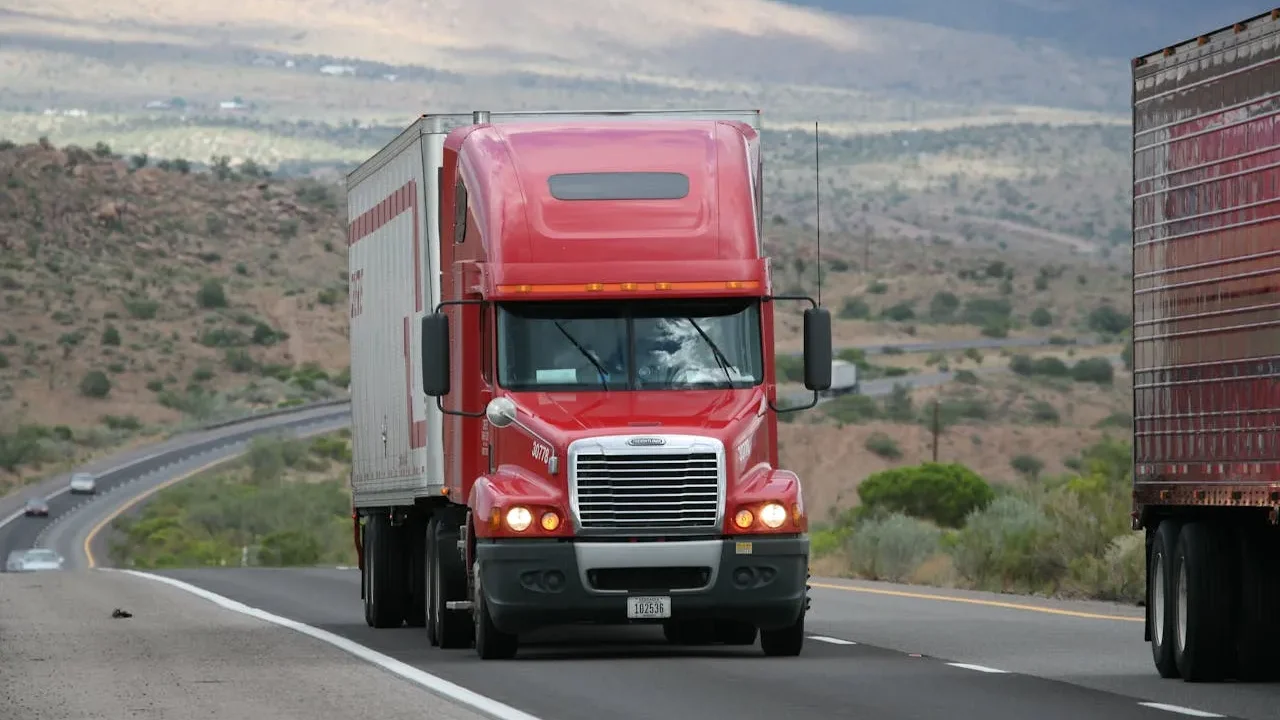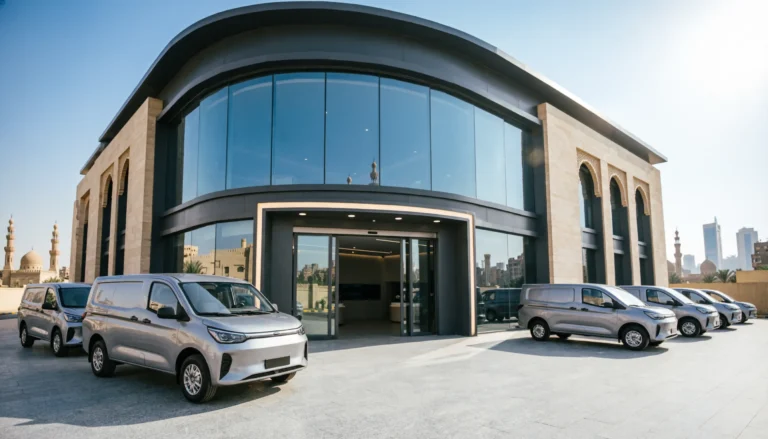
Donaldson Joins Daimler for Powerful Freightliner SuperTruck III
Donaldson Company, Inc., a leader in filtration technology worldwide, has announced an exciting new partnership with Daimler Truck North America (DTNA) to support the development of hydrogen fuel cell-powered heavy-duty trucks. Through this collaboration, Donaldson’s advanced air filtration solutions will play a critical role in the next-generation Freightliner SuperTruck III, further strengthening its position at the forefront of clean energy innovation and sustainable transportation.
This partnership is set against the backdrop of the program, a groundbreaking initiative launched by the U.S. Department of Energy (DOE) to revolutionize the transportation industry. The goal of the program is to increase the fuel efficiency of Class 8 long-haul trucks, while significantly reducing their greenhouse gas emissions. Since its launch in 2011, the SuperTruck program has achieved major advancements in the heavy-duty trucking sector, with demonstrator vehicles from major manufacturers showing impressive improvements in efficiency and performance.
The SuperTruck I and SuperTruck II projects, which were completed in earlier phases, focused on optimizing diesel-powered truck engines to maximize fuel efficiency and reduce emissions. However, with the transportation industry increasingly turning its focus to alternative energy solutions, the project takes an ambitious leap forward by developing a hydrogen fuel cell-powered truck demonstrator. This marks a significant milestone in the development of hydrogen-powered vehicles, offering a glimpse of what the future of zero-emission long-haul trucking could look like.
As part of the project, DTNA has secured a $26 million (€24.6 million) grant from the DOE. These funds will be used to support the development of the next-generation hydrogen fuel cell truck demonstrator, with the aim of proving that hydrogen fuel cells can be a viable, sustainable alternative to conventional diesel engines in the trucking sector. The collaboration between Donaldson and DTNA is a critical step in making this vision a reality.
Donaldson’s involvement in the project will focus on providing its advanced air filtration technology, which is essential for ensuring the efficient operation of the hydrogen fuel cell system. Air filters play a vital role in protecting sensitive components within the fuel cell system, such as the fuel cell stack, from contaminants that could degrade performance or reduce the lifespan of the system. Donaldson’s expertise in filtration, particularly in harsh environments like those experienced by heavy-duty trucks, makes it an ideal partner for this ambitious project.
Keith Bechtum, Vice President of OEM Sales in Donaldson’s Mobile Solutions Division, expressed his enthusiasm for the collaboration, saying, “Donaldson Company and Daimler Truck North America have a long-standing partnership, working together to provide filtration solutions for DTNA’s commercial vehicles. We are excited to continue supporting the SuperTruck III program and contributing our advanced air filtration technology to help make hydrogen-powered trucks a reality.”

This partnership underscores the importance of collaboration between industry leaders in pushing forward the development of new technologies that can drive the transition to more sustainable transportation. Hydrogen fuel cells represent one of the most promising solutions for reducing the environmental impact of long-haul trucking. Unlike traditional internal combustion engines that rely on fossil fuels and emit harmful greenhouse gases, hydrogen fuel cells generate electricity by combining hydrogen with oxygen, producing only water vapor as a byproduct. This makes hydrogen fuel cell trucks an ideal solution for achieving zero-emission, long-range heavy-duty transportation.
The SuperTruck III program is not only focused on demonstrating the feasibility of hydrogen fuel cells in long-haul trucking, but also on overcoming the many technical challenges associated with integrating hydrogen technology into commercial vehicles. These challenges include developing high-performance fuel cell stacks, efficient hydrogen storage systems, and ensuring that the vehicle can operate at the same level of reliability and durability as traditional diesel trucks. By working together with Daimler, Donaldson’s filtration technology will play a key role in ensuring that these challenges are addressed, particularly in maintaining the long-term performance of the hydrogen fuel cell system.
The success of the project could have far-reaching implications for the future of the trucking industry and beyond. As the world grapples with the urgent need to reduce carbon emissions and combat climate change, the transportation sector remains a significant contributor to global greenhouse gas emissions. Heavy-duty trucks are particularly challenging to decarbonize, as they require long ranges and significant power to carry heavy loads. Hydrogen fuel cells offer a promising alternative to battery-electric vehicles for these applications, thanks to their ability to refuel quickly and provide long driving ranges, even in harsh conditions.
In addition to providing cleaner transportation, hydrogen fuel cell also offer the potential for energy diversification and greater energy security. Hydrogen can be produced from a variety of renewable sources, such as wind, solar, and biomass, making it a flexible and sustainable energy carrier. As the infrastructure for hydrogen production, storage, and distribution continues to grow, hydrogen fuel cells could play a major role in transforming the global energy landscape, creating new opportunities for clean energy innovation and reducing dependence on fossil fuels.
The experience gained from the SuperTruck III project will also help accelerate the adoption of hydrogen fuel cell technology in other sectors, such as passenger vehicles, buses, and even stationary energy storage. By demonstrating the viability of hydrogen fuel cells in one of the most demanding applications—long-haul trucking—the project will provide valuable insights that can be applied to other transportation and energy sectors.
The collaboration between Donaldson and Daimler North America represents a crucial step toward realizing the potential of hydrogen as a clean, sustainable alternative to traditional fossil fuels. As the project moves forward, it will not only push the boundaries of what is possible in terms of fuel efficiency and emissions reduction, but also contribute to the development of a hydrogen-powered future that is both cleaner and more sustainable.
For Donaldson, this partnership represents a continued commitment to innovation in filtration technology. Over the years, the company has been a trusted partner for a wide range of industries, including the automotive, aerospace, and industrial sectors. Donaldson’s expertise in developing high-performance filtration solutions has made it a key player in the global efforts to improve air quality and reduce the environmental impact of industrial processes.
Looking ahead, the success of the project could serve as a springboard for future collaborations and innovations in hydrogen fuel cell technology. As the transportation industry continues to evolve, Donaldson is poised to play an important role in the development of next-generation clean energy solutions, helping to shape the future of sustainable transportation and contributing to a cleaner, healthier planet.







